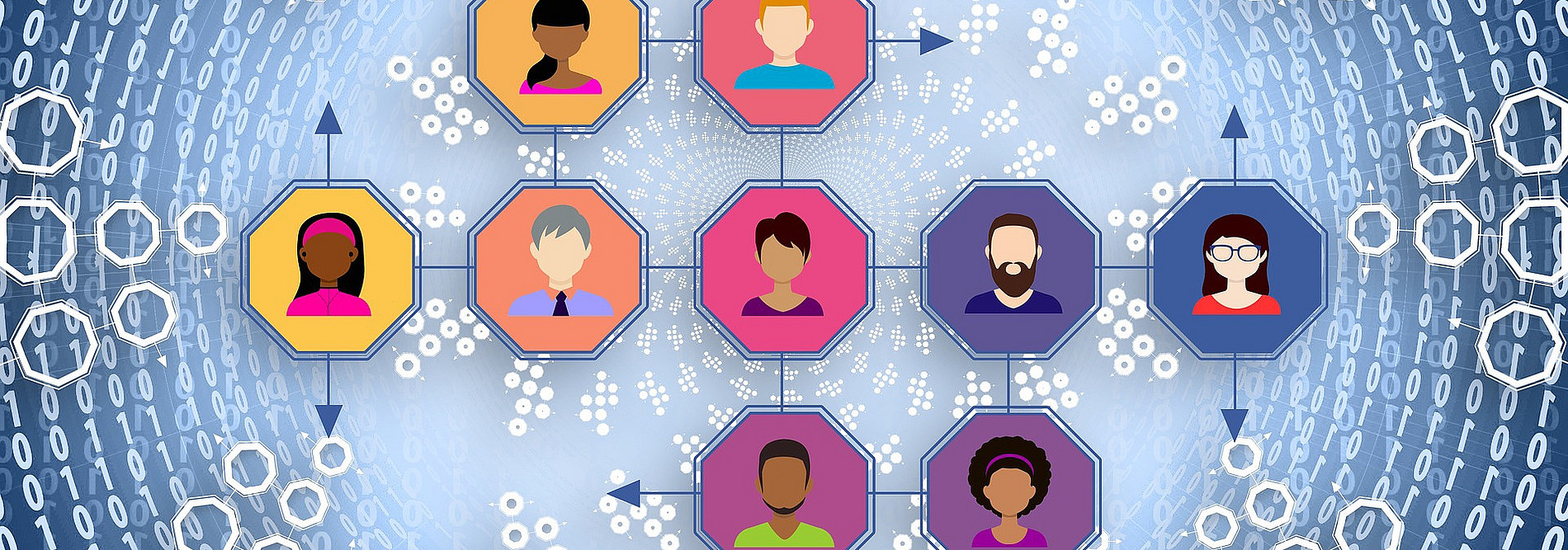Cognitive Abilities and Competences
Cognitive abilities and competences are known to play a crucial role in education, job performance, and everyday life. In the research network Brain and Behavior, the research group Cognitive Abilities and Competencies is devoted to the investigation of cognitive traits from a psychometric and neuroscientific perspective. Relevant traits encompass, for example, basic competences such as skills in reading, writing and arithmetic, broader cognitive abilities such as intelligence, creativity, and attention control, but also social-emotional competences and motivation.
Central goals of this research group include:
- Development of tests for a more accurate, efficient, and valid cognitive assessment.
- Investigation of the neural correlates of specific abilities and deficits.
- Testing effects of cognitive trainings and interventions on performance and brain plasticity.
- Conception, development, and evaluation of tests and admission procedures particularly at school and university level and for public service.
In our research, we use and combine available state-of-the art methods: Available psychometric tests rely on probabilistic test theory, adaptive testing, and automatic item generation. Brain imaging is carried out with different techniques including Magnetic Resonance Imaging (MRI) and Electroencephalography (EEG), which provide a comprehensive parametrization of functional and structural properties of the brain. Further commonly used assessments include eye tracking, psychophysiological measurements, and brain stimulation via transcranial electrical stimulation (tES).
Current funded projects
- The dark matter of the human brain. 2025-2027. Funded by Fonds zur Förderung der wissenschaftlichen Forschung (FWF). PI: Natalia Zaretskaya.
- Endorse Creative Harm – Think Creative Harm – Do Creative Harm? Predicting malevolent creativity implementation from idea perception and idea generation. 2024-2027. Funded by Fonds zur Förderung der wissenschaftlichen Forschung (FWF). PI: Corinna Perchtold-Stefan.
- Wholesome Gaming: Identifying positive human-media interactions using community trace data. 2023-2027. Funded by the University of Graz (profile-building area COLIBRI). PI: Manuel Ninaus.
- Neurocognitive mechanisms of metacognition in arithmetic. 2023-2027. Funded by the Austrian Science Fund (FWF). PI:Stephan Vogel.
- Encoding-specificity in bilingual content learning: Scrutinizing language switching costs in mathematical knowledge acquisition (BILMATH). 2023-2026. financed by the Austrian Science Fund (FWF). PI: Roland Grabner.
- Advancements in Divergent Thinking Assessment. 2022-2026. financed by the Austrian Science Fund (FWF). Project leader: Mathias Benedek.
- Development and implementation of an online assessment for the admission procedure for lateral entry teachers. 2022-2024. Financed by the Federal Ministry of Education, Science and Research. PI: Aljoscha Neubauer.
- How many roads must people walk down before they solve a creativity task? A bottom-up approach to investigate the dose-response relationship between physical activity and creative ideation performance in the field. 2022-2023. Funded by the APA (American Psychological Association). PI: Christian Rominger.
- When and how to be creative? Neuro-cognitive investigation of creative metacognition. 2021-2023. Funded by the European Commission (Marie Sklodowska Curie Fellowship). PIU: Mathias Benedek.
- Ocular mechanisms in internally directed cognition (EyeMag 2). 2021-2024. Funded by the Austrian Science Fund (FWF). PI: Mathias Benedek.
- PädagogInnenbildung Neu - Development and Implementation of a common selection procedure for teacher students , since 2013. Funded by the HRSM of the Federal Ministry of Science, Research and Economy. PI: Aljoscha Neubauer.
- Styrian Talent Center of the WKO - Automatic generation and provision of test items for measuring cognitive abilities and a questionnaire for recording interest orientations, since 2016. Funded by municipalities and municipal associations (excluding Vienna). PIs: Martin Arendasy, Roland Grabner and Manuela Paechter.
- MedAT (admission procedure of the Austrian medical universities for the diploma studies in human medicine & dentistry), since 2012. PI: Martin Arendasy
Coordinator

